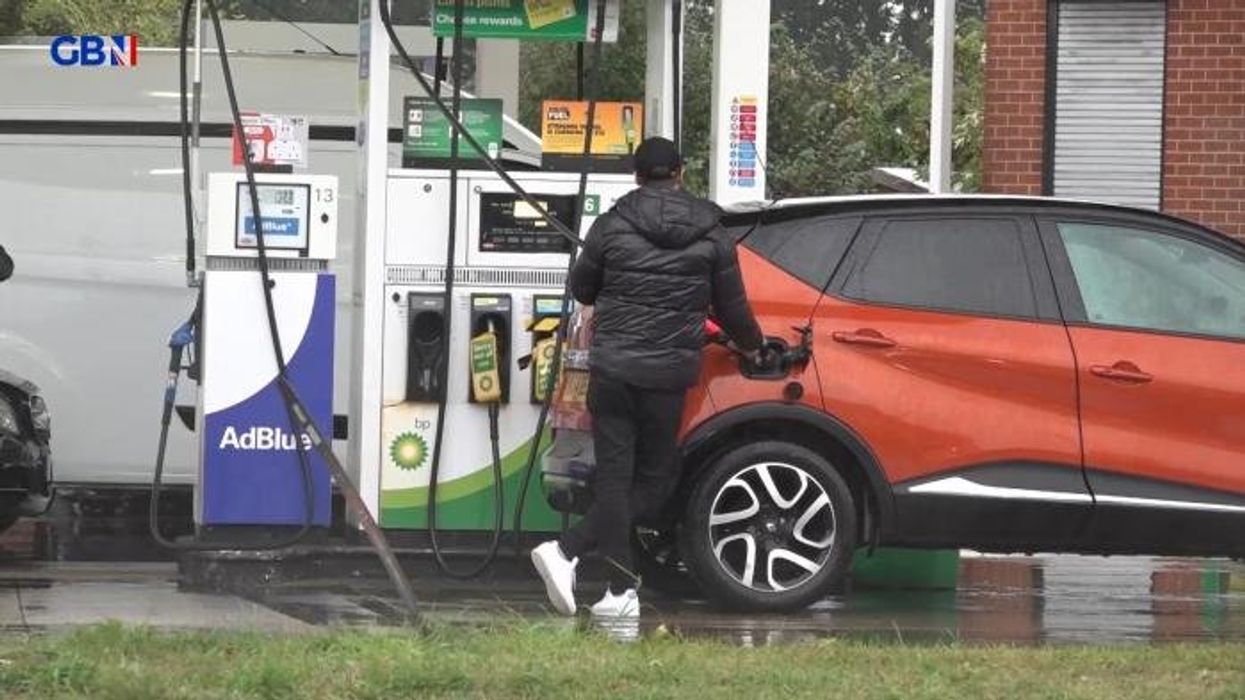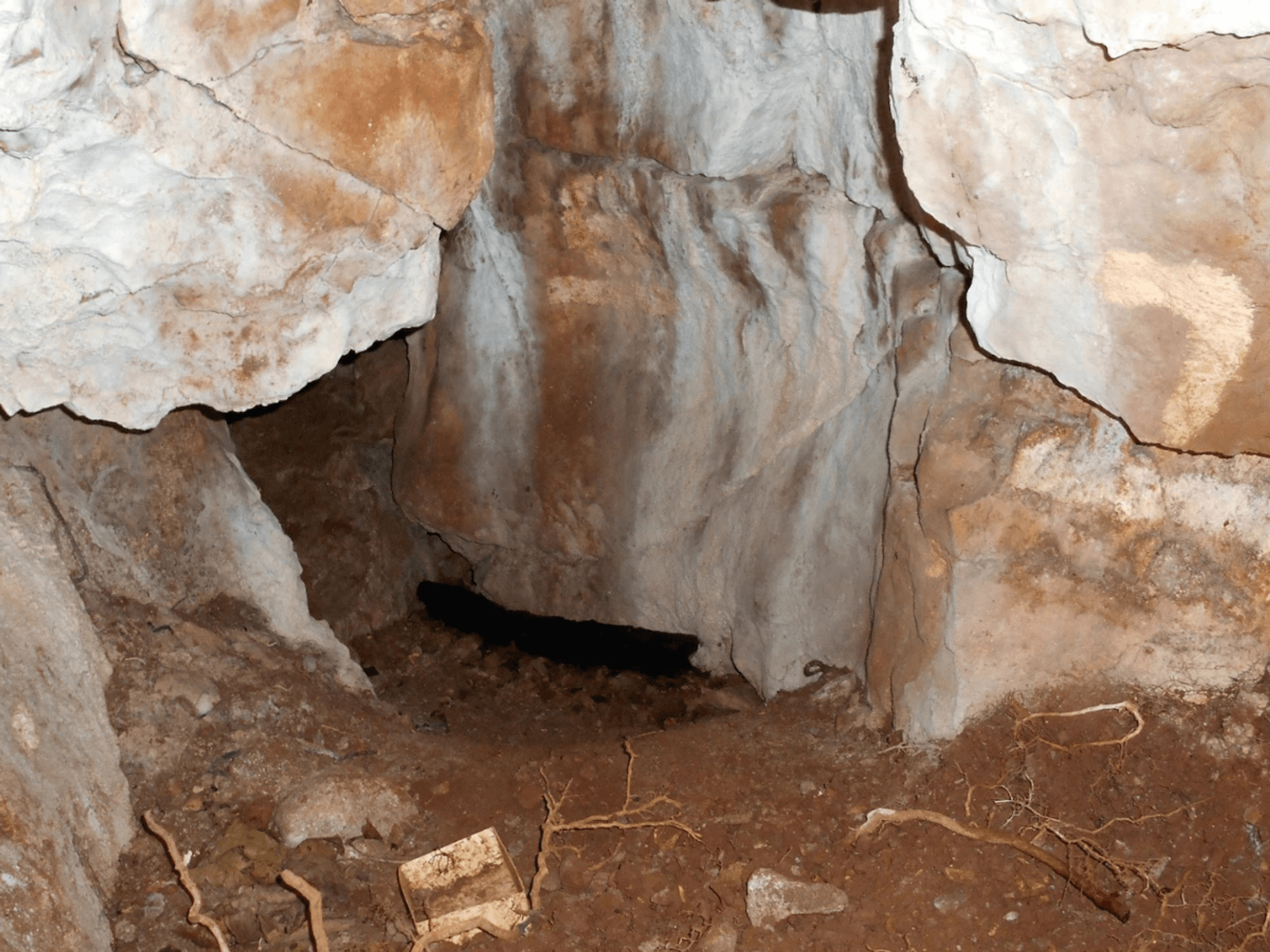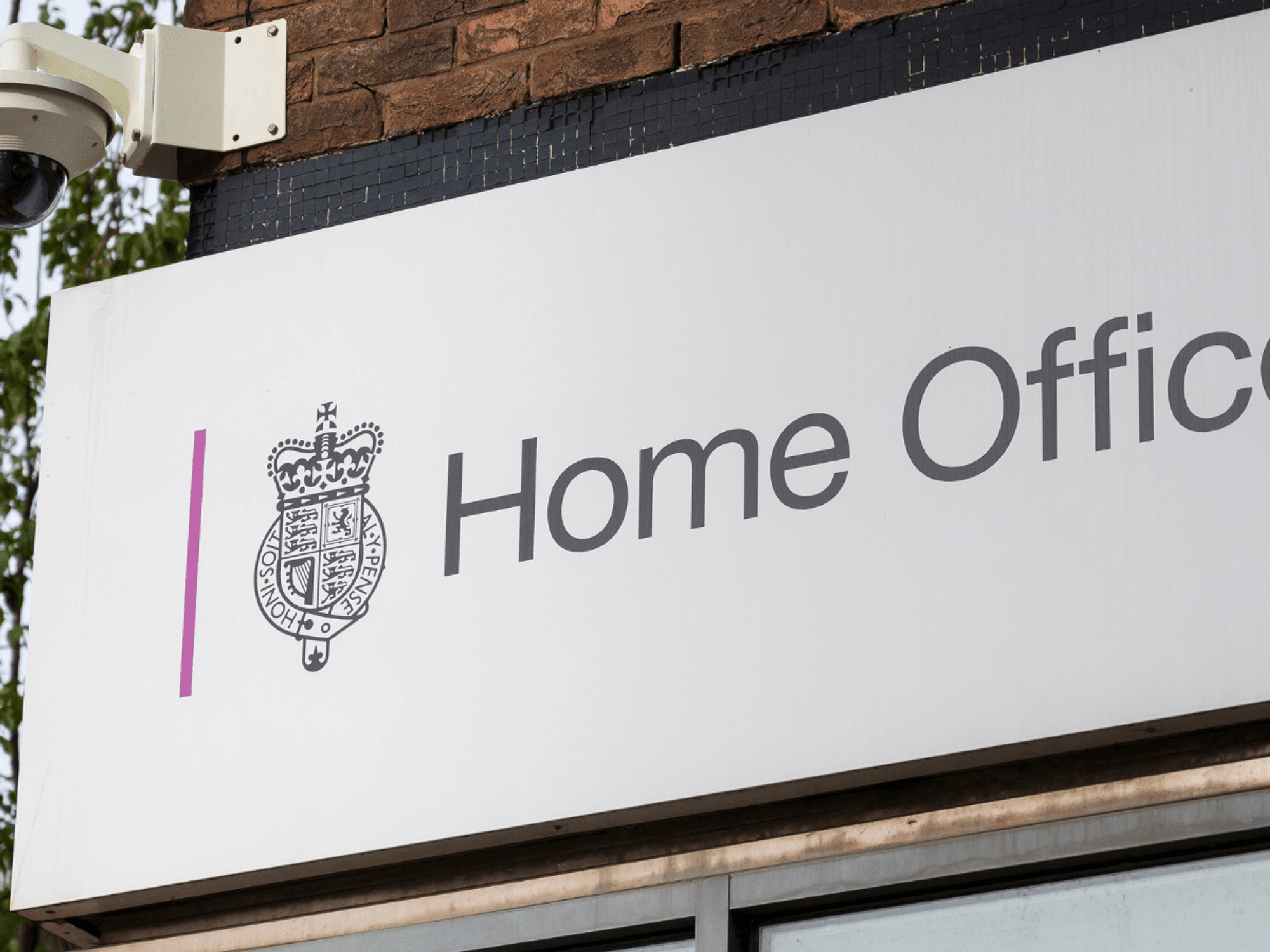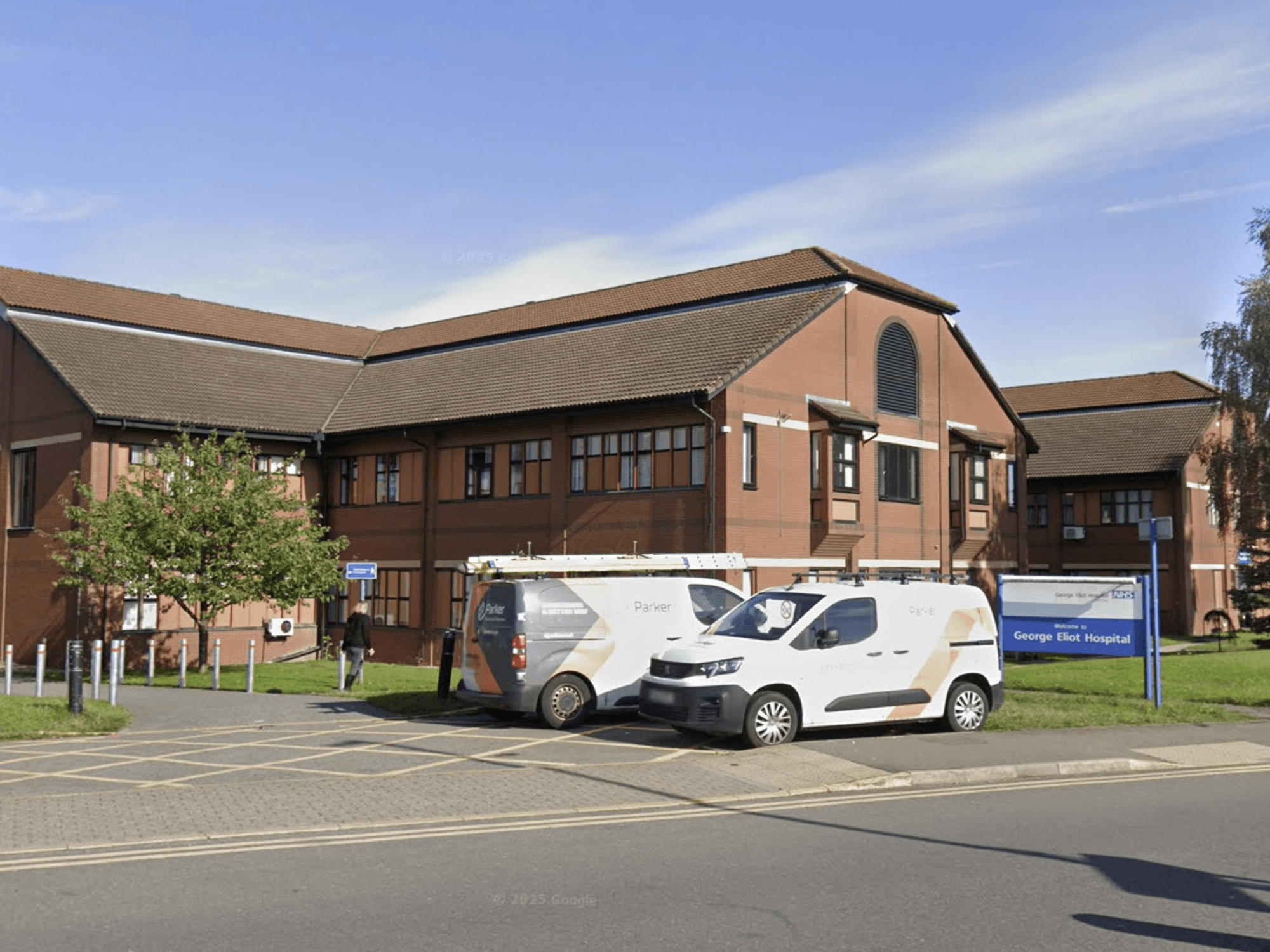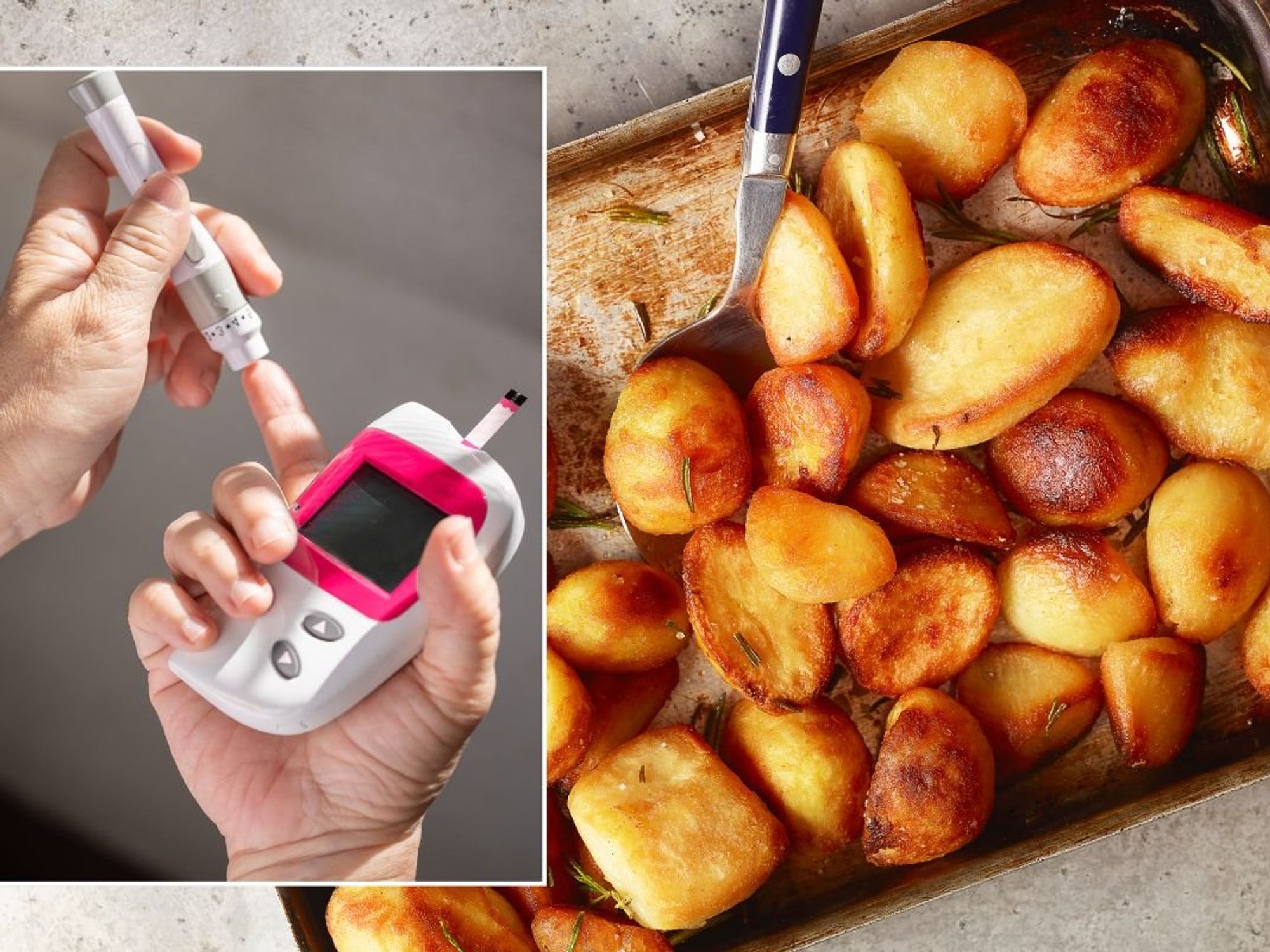Petrol and diesel drivers continue to face expensive fuel costs with 'no justifiable reason for an increase'

Drivers in Northern Ireland could be paying less than £1.25 for a litre of petrol
Don't Miss
Most Read
Petrol and diesel drivers continue to face expensive fuel prices as experts slam major retailers and supermarkets for not passing on savings to hard-pressed motorists.
Fresh data from RAC Fuel Watch shows that petrol and diesel prices jumped by around one penny per litre in September.
Petrol drivers are now paying an average of 135.64p per litre, while diesel now costs 143.14p at forecourts around the UK.
While prices are not as high as their peak in June and July of 2022, drivers are still forking out £74 for an average 55-litre tank of unleaded and £78.20 for diesel.
TRENDING
Stories
Videos
Your Say
Fuel prices have also fallen below the 12-month peak, with drivers saving an average of 4p on petrol and 3p on diesel compared to the end of February.
However, motorists are still paying more than on May 9, when fuel prices fell to their lowest prices, when petrol was 132p and diesel was £1.38.
Simon Williams, head of policy at the RAC, said: "Sadly, pump prices crept up by a penny a litre in September, reversing the drop drivers saw in August."
He added that it was also disappointing to see that prices had risen, despite "little to no movement" in the price of oil, nor the pound-to-dollar exchange rate.

Petrol and diesel drivers saw prices rise marginally in September
|GETTY/PA
The expert highlighted that these were two of the primary contributors to the price of fuel, in addition to global conflicts, such as the Ukraine-Russia war and the Middle East.
Referring to the lack of major changes to the price of oil, Mr Williams noted that there was "seemingly no justifiable reason for an increase".
The RAC data follows the latest report from the Competition and Markets Authority (CMA), which found that average retailer margins continue to be high.
It noted that these levels "remain far above historic levels", with drivers suffering by not seeing any savings when visiting forecourts.
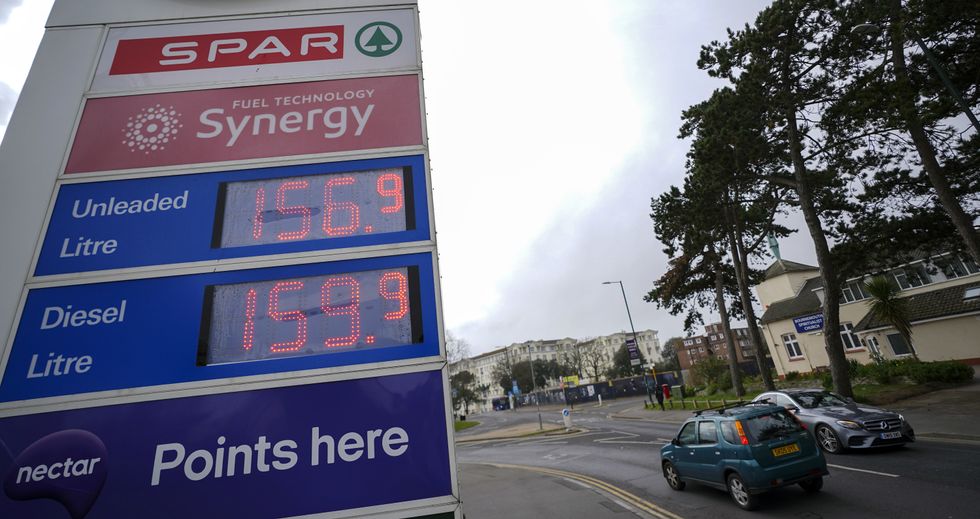 Drivers in Northern Ireland benefit from cheaper petrol and diesel prices compared to the rest of the UK | PA
Drivers in Northern Ireland benefit from cheaper petrol and diesel prices compared to the rest of the UK | PALATEST DEVELOPMENTS:
Drivers in England, Scotland and Wales also continue to lose out compared to motorists in Northern Ireland, who benefit from the Consumer Council's Fuel Price Checker.
This shows drivers the cheapest and most expensive petrol and diesel prices across the country, which helps to force prices down for motorists.
At present, filling stations in Dungannon are selling petrol for less than 125p, marking a 3.3p saving compared to the average in Northern Ireland, and a near 10p saving compared to England, Scotland and Wales.
Forecourts in Cookstown are also showing massive discounts, with motorists paying an average of just 129.8p per litre for diesel, which is 4.4p cheaper than the rest of the country.
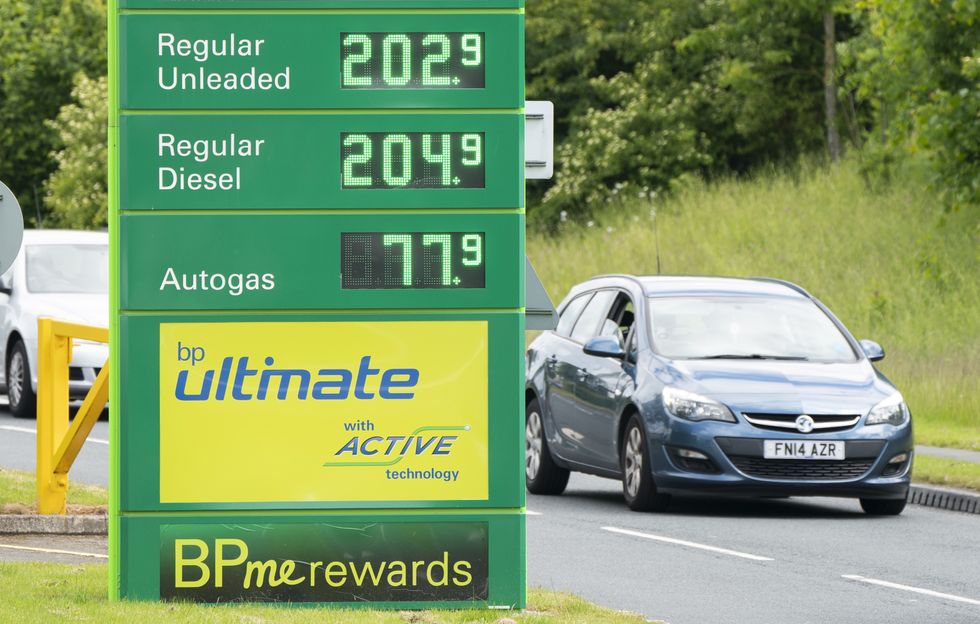 The Fuel Finder tool is expected to launch later this year | PA
The Fuel Finder tool is expected to launch later this year | PAThe RAC estimates that the average retailer margin in Northern Ireland is just 4p per litre, compared to the UK-wide average of 11p.
Experts are hopeful that the Government will introduce the Fuel Finder scheme before the end of the year to help motorists save money when they visit the petrol station.
Government estimates suggest that drivers could save between one and six pence per litre when the scheme is operational. A spokesperson for the Department for Energy Security and Net Zero told GB News that Fuel Finder remained "on track".
Mr Williams concluded, saying: "It was also disappointing to have the Competition and Markets Authority confirm what we have known for some time that retailer margins remain above historic levels.
"We're grateful for this level of scrutiny, but it appears yet to have had the effect on retailer behaviour we'd hoped it would. The comparison with average prices and margins in Northern Ireland makes the point that it is possible to sell fuel more cheaply and still make money."


